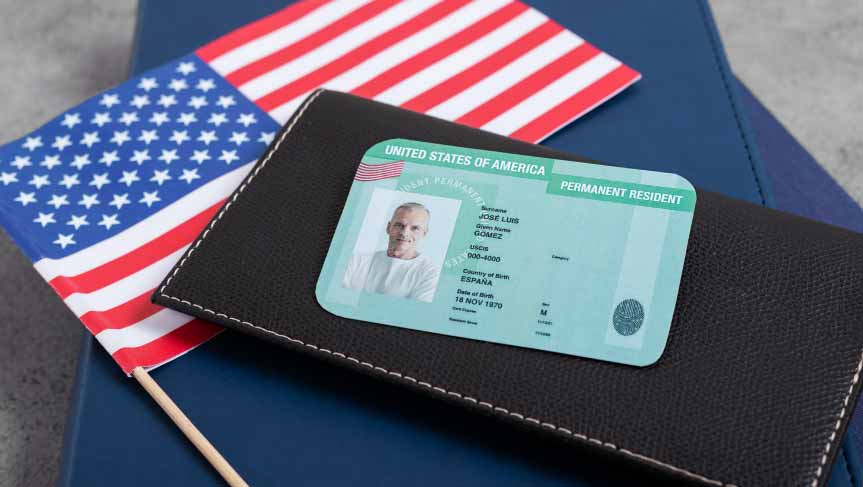As expected President Obama has delayed the Immigration Plan
President Obama’s sudden announcement over the weekend, of putting the task of looking into immigration is at its least priority. This was anyways expected from the democratic allies and immigrants. The labor leader, who had expected the postponement of the executive actions that would have brought some relief for the deferred deportations and given work…
Read More “As expected President Obama has delayed the Immigration Plan” »


